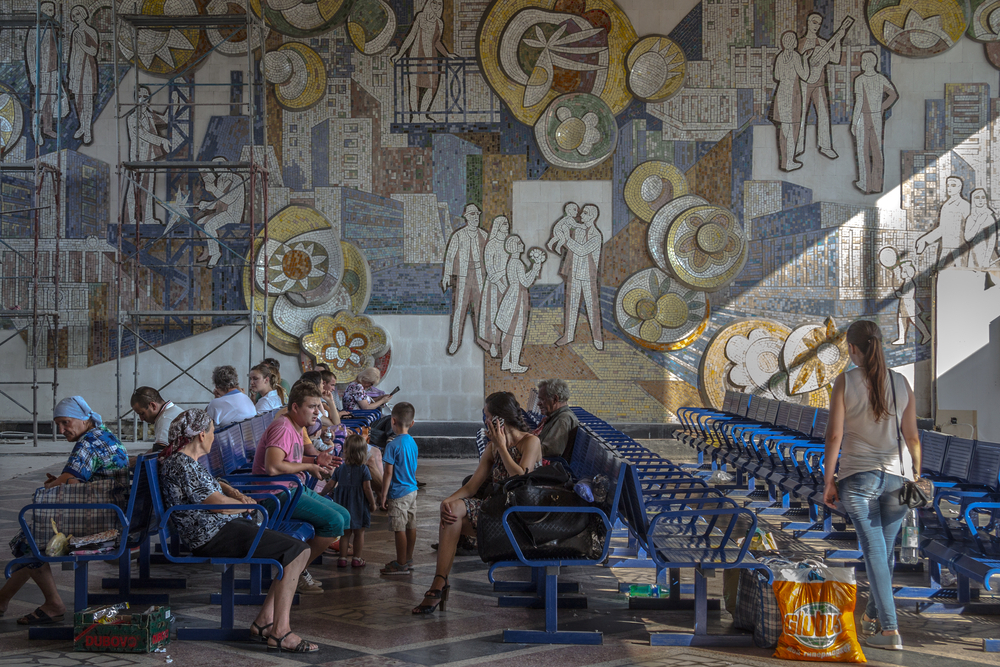Amendments Concerning Video-Sharing Platforms: What Do Moldova’s Recent Audiovisual Legislation Updates Actually Entail?
In the context of Moldova’s accession process to the European Union, the Independent Journalism Center (IJC) has published a legal analysis of recent legislative amendments concerning video-sharing platforms

Amendments-Concerning-Video-Sharing-Platforms-What-Do-Moldova-s-Recent-Audiovisual-Legislation-Updates-Actually-Entail
Chișinău, Moldova © BalkansCat/Shutterstock
This is a digest of our project partner Independent Journalism Center (IJC)’ s findings. The full text of the analysis is available in English and Romanian on their website
In May 2025, Moldova’s video-sharing platforms (VSPs) came under the spotlight due to proposed amendments to the Audiovisual Media Services Code. These changes aim to align national legislation with European standards, particularly regarding the regulation of online video platforms.
The Audiovisual Media Services Code, originally adopted in 2018, contained general provisions for VSPs, but these were never effectively implemented. On July 10, 2025, Moldova’s Parliament approved significant amendments to the Code (pending promulgation), which notably expand the regulatory framework applicable to these platforms.
Key among the proposed changes is the introduction of detailed obligations for VSPs operating under Moldovan jurisdiction. These include rules concerning commercial advertising, the protection of minors, and safeguards against content promoting hate speech, terrorism, child exploitation, or fascist, racist, and xenophobic content.
To comply, VSPs will need to implement a range of content moderation and user safety measures. These include clear community guidelines on prohibited content, protections for minors’ personal data, and tools like parental control systems. The legislative updates also grant the Audiovisual Council broader enforcement powers to ensure compliance, enhance transparency, and monitor platform operations more effectively.
However, a major challenge remains. According to Moldovan law, regulatory obligations can only apply to VSPs that fall within the country’s jurisdiction. This includes platforms headquartered in Moldova or those with substantial economic or organizational ties to local entities. Most globally dominant platforms—such as YouTube, Facebook, and TikTok—do not maintain legal entities in Moldova. As a result, the law’s reach may be limited in practice, applying primarily to local or regionally based platforms.
In sum, Moldova’s Audiovisual Media Services Code amendments represent a meaningful step toward regulating online video platforms in line with EU standards, even as implementation hurdles—particularly concerning major international tech companies—remain unresolved.
This publication is the result of activities carried out within Media Advocacy Action for Moldova: Empowering Moldova’s Public Watchdogs to Safeguard Media Freedom, a project co-funded by the CEI Fund of the European Bank for Reconstruction and Development (EBRD), with the contribution of the Italian Ministry of Foreign Affairs and International Cooperation. All opinions expressed represent the views of their author and not those of the co-funding institutions.




